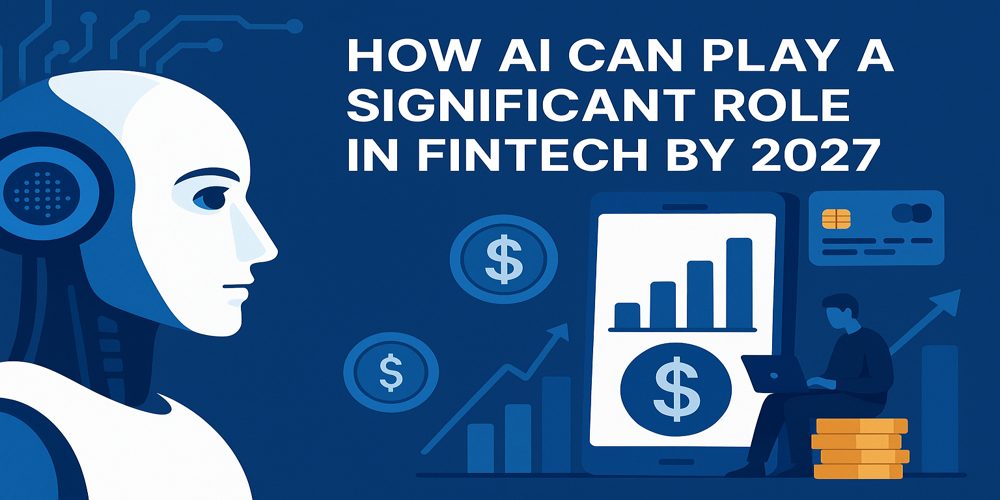Can The Credit Card Bank Debit Your Salary Account For Your Credit Card Outstanding ?

My friend Arun could not contain his excitement when he told me that he had finally pre paid his home loan the beginning of new financial year. I could understand his achievement particularly when he has two school going children and has big dreams for them. Indeed he was relieved of the burden of paying EMIs every month which amount could now go into his retirement fund and the children’s education fund.
After a week, on one of my rare visits to the bank’s branch, I met a very disturbed Arun. On little coaxing he told me that bank is not releasing the mortgaged property documents. They claimed that Arun had some credit card dues with the bank, which he needed to clear before they would release the documents. Arun was upset. He claimed that this amounted to sheer blackmail on the part of the bank.
He posed the question to me Can the bank do it? I asked him – Do you really have the credit card outstanding with the bank? He told me there was a credit card amount outstanding in his name, which he was disputing. I have pre paid my home loan and wants my property papers back. What does my credit card outstanding has to do with it? He asked.
Unfortunately Arun was making the same mistake that many customers in India make. The bank has a general lien on all securities and funds that it holds on behalf of a customer and they have a right to adjust those against any outstanding from the same person whether or not that outstanding amount has any connection with the funds or securities held by the bank for that person. I informed Arun about the large number of cases where the bank debits the customers salary account to recover its dues on,credit cards,(even where no debit mandate exists). This is well within the law. I advised Arun to settle the credit card dispute either amicably by negotiating with the bank or by taking up the grievance redressal mechanism such as the banking ombudsman. The dispute was not only affecting the release of his property documents but also affecting his credit score.
He understood the point and agreed that he would vigorously take up the matter with the bank and the banking ombudsman, if required.
Now Arun wanted to discuss another related problem with me and this is when we moved to the caf next door The person in question was his colleague Ramanathan in Chennai who encountered an unfortunate incident. His younger brother, a bachelor died in a road accident few months ago. A really traumatic experience for the family but adding to the trauma was persistent calls from his credit card issuing bank. Why? That was a surprise for me too. Ramanathan was being followed by the credit card issuing bank of his deceased brother for settling his (brother’s) credit card outstanding which was around Rs. 20,000. The amount was significant for any salaried employee. This bothered him no end as bank’s representatives were continuously pestering him for the payment.
Well here I could help. The credit card dues of his late brother were his brother’s liability and there was no way in which the bank could recover that sum from Ramanathan. His brother had not left behind any assets also. I told him to ask his friend to file an official complaint to the nodal officer of the bank at the address mentioned on the bank’s website warning them that he will complain to the RBI and the banking ombudsman for the undue harassment being caused to him. This official complaint itself was likely to make sure that the harassment would cease. If not a simple complaint would provide almost instant relief.
What is the reason for banks to chase Ramanthan even when they knew it was morally and ethically wrong?,In case the deceased has left behind any assets then the bank can proceed against the estate for recovering their loan. Chasing up the relatives serves a dual purpose. Some of them may pay up due to inherited Indian tradition of paying off the debts of ones deceased close relatives and in other cases the bank may come to know about any assets that the deceased might have left behind. In Ramanathan’s case the bank would have no choice but to write off the credit card outstanding.,And the next moment I saw Arun calling his colleague Ramanathan in Chennai. Hopefully, Ramanathan’s problem has been resolved by now.
Have you faced a similar problem with your bank? Please do write in with your experiences.








